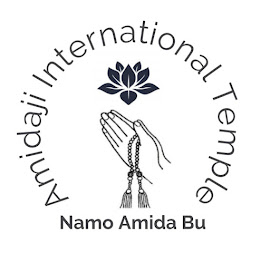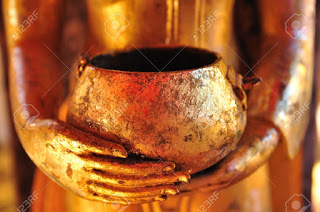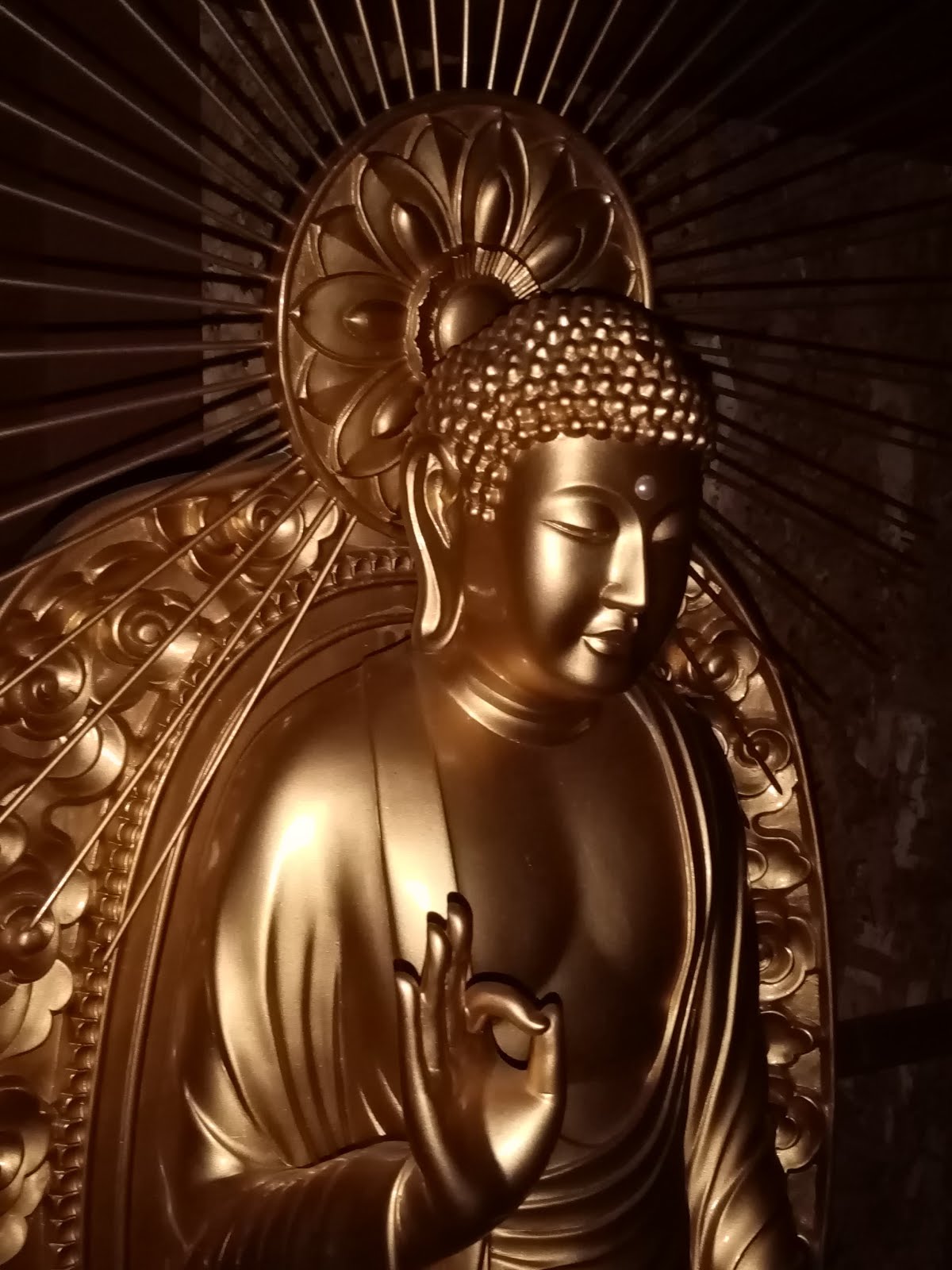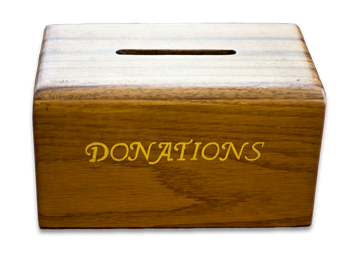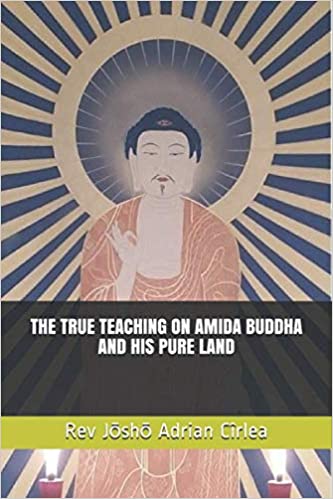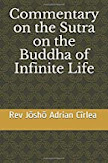There are many who get stuck at the idea
of shinjin (faith) coming from Amida, or being Amida's gift. However, this is a
very simple thing, and you should understand it in a simple way, so that it may
not become an obstacle.
First of all, shinjin or simple faith in Amida is like when you do not know how
to fix your car and you trust John who is a mechanic to fix it for you. In our
case, you cannot attain Buddhahood by yourself and you trust Amida Buddha to
help you attain it by taking you to His Pure Land.Your trust in John
arises because you heard he is a very skilled mechanic and you saw him doing
other repairs. So, in truth, John is the one who makes you trust him.
Also, let’s say you have a best friend. To have faith in your best friend is,
in fact, answering to his love and to the fact that he is constantly there for
you, so in fact, your trust in him is his gift. You trust him because of him.




